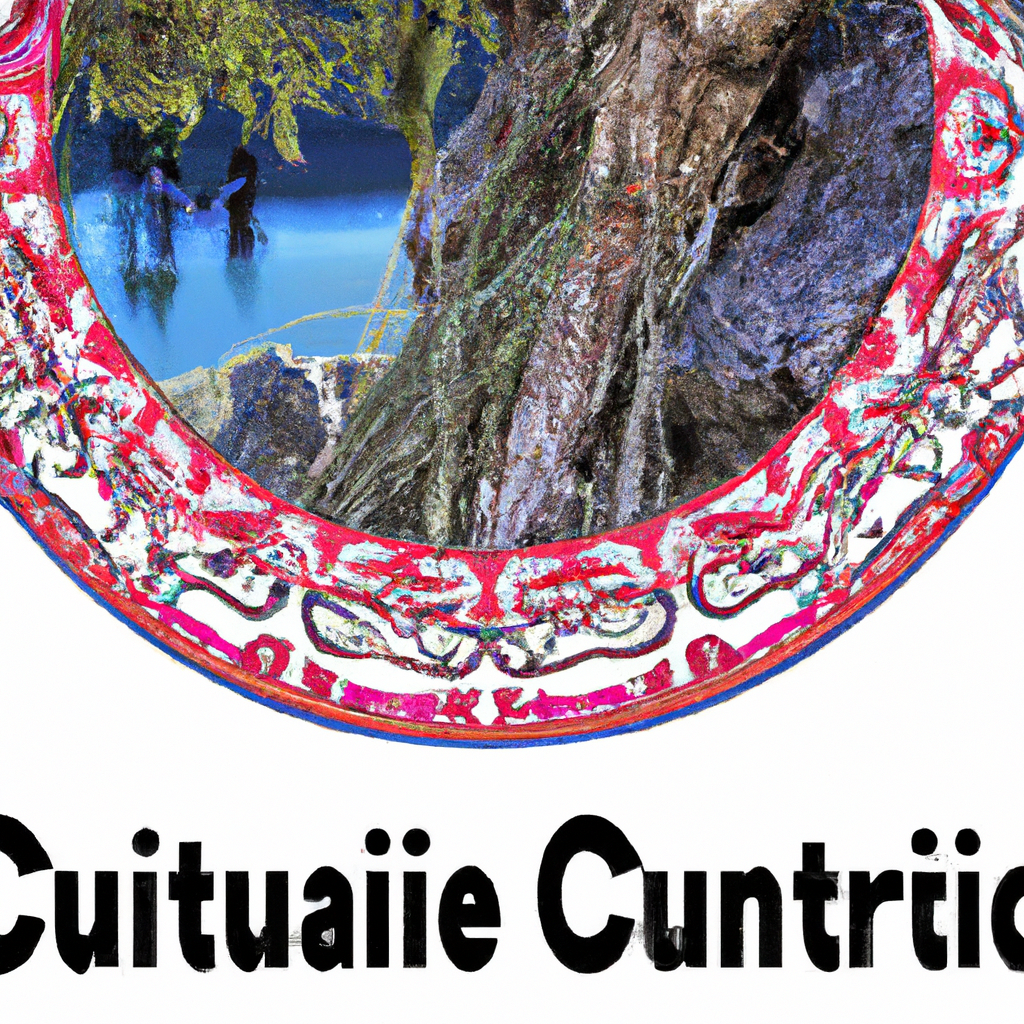Nature speaks a universal language, and many cultures and communities around the world have found ways to harmoniously connect with their environment. We often look to indigenous wisdom for guidance in understanding nature and its balance. From traditional Indigenous practices such as manaakitanga (hosting/hospitality) to the passionate ecotourism industry, people are beginning to re-evaluate the roles humans play in the environment. In this article, we will discover how different cultures and regions have shaped their ways of life to maintain sustainable connections with nature through cultural ecotourism. Exploring the Intersection of Indigenous Wisdom and Nature-Based Tourism
Nature-based tourism is an increasingly popular sector of the tourism industry, with a focus on exploring the wonders of the natural world. As travelers look for new ways of connecting to nature, many are now turning to indigenous wisdom as a source of inspiration and guidance. By combining an understanding of the physical landscape with an appreciation for the cultural context, nature-based tourism offers powerful potential for personal connection and discovery.
The power of eco-tourism lies in its ability to connect travelers to nature, culture, and the environment in meaningful ways. However, with this privilege comes an important responsibility to respect the knowledge of indigenous cultures and to ensure sustainable practices. This requires listening to and learning from local communities, engaging in active dialogue, and adopting responsible behavior when interacting with both nature and the local people.
Seeing Nature Through an Indigenous Cultural Lens
Nature is a key component of indigenous cultures, with cultural and spiritual values surrounding the natural world. Indigenous cultures take an integrated approach to the environment, recognizing the connections between plants, animals, and humans as part of a living ecosystem. Through this lens, visitors can discover a deeper understanding of nature, gaining insight into how the environment interacts with the local culture and social dynamics.
The Power and Responsibility of Eco-Tourism: An Indigenous Perspective
Ecotourism has the potential to provide significant economic and social benefits to indigenous communities, but this is only possible when visitors are mindful of local customs, habits, and land use. It also requires respecting knowledge and culture, and following the guidance of the local people when engaging with the surrounding environment.
Achieving Sustainable Ecotourism through Cultural Conservation
As ecotourism grows in popularity, there is an urgent need to ensure that sustainable practices become commonplace within the industry. This includes supporting the preservation of cultural values, knowledge, and practices in local communities, while also encouraging long-term environmental conservation through responsible tourism.
Releasing Nature’s Restorative Qualities through Connecting to Indigenous Culture
Exposure to traditional cultural practices can have a profound impact on visitors, offering an opportunity to tap into the restorative powers of nature. Learning about the culture and history of a place can help open the door to a deeper understanding of the land, its people, and its unique relationship with the environment. This can provide a powerful sense of healing, connection, and belonging, creating a lasting bond between visitors and the land.
Q&A
Q: What is the goal of cultural ecotourism?
A: The goal of cultural ecotourism is to create meaningful connections between travelers and local cultures, while promoting sustainable tourism practices which are respectful of local ecosystems and traditions.
Q: What kinds of activities can visitors experience on a cultural ecotourism trip?
A: Visitors on cultural ecotourism trips can engage in a variety of activities, from meeting with indigenous communities to exploring natural areas and learning about local wildlife. Depending on the destination, activities can range from horseback riding and bird watching, to swimming and fishing in local rivers and lakes.
Q: What are some benefits of cultural ecotourism?
A: Cultural ecotourism can benefit both visitors and local populations. It can promote preservation of traditional cultural practices and environmental protection, while at the same time offering economic opportunities to local communities. Additionally, visitors get to experience authentic and immersive cultural experiences, while gaining insight into cultural diversity and unique local traditions around the world.
By revisiting our cultural connections with nature, indigenous wisdom fosters an understanding of sustainable ecotourism that will inspire a future of mindful travel. With a reverence for the environment, we can open ourselves to new discoveries while honoring ancient customs, ensuring that we conserve these precious resources for generations to come.


